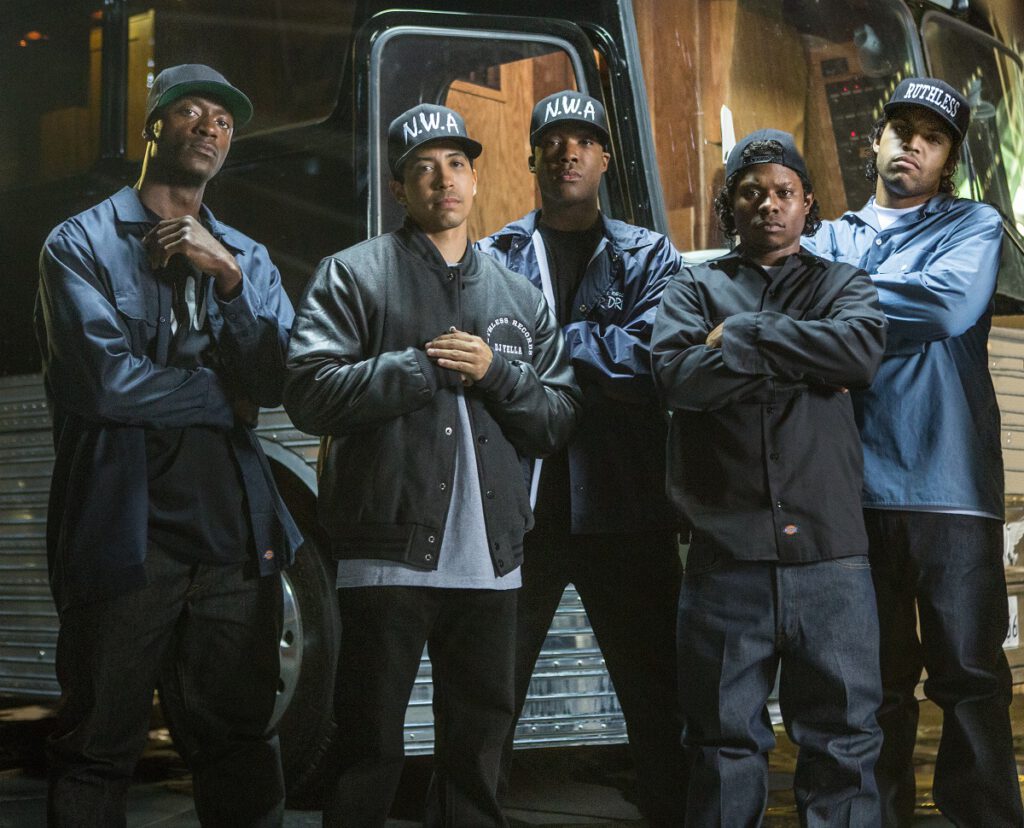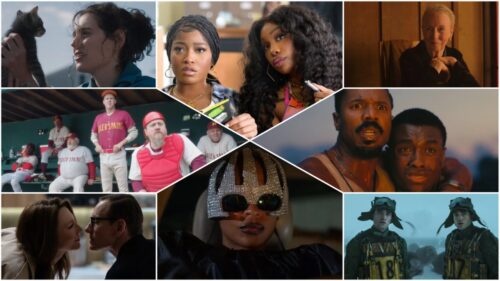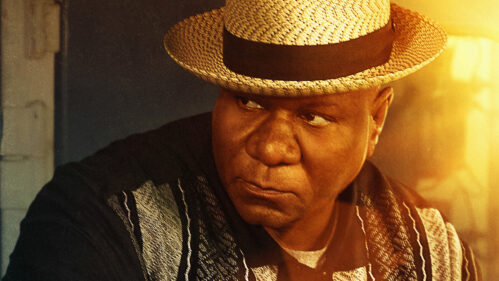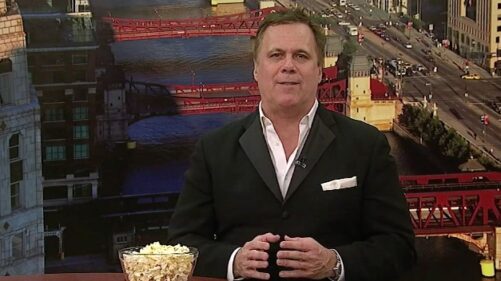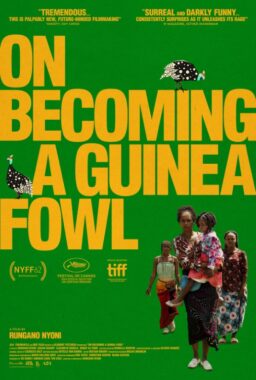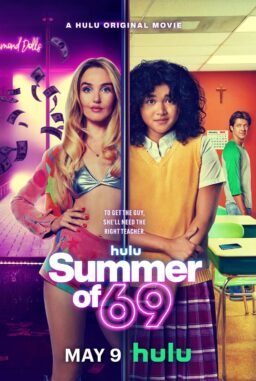It’s not surprising to me that “Straight Outta Compton” raked in over $60
million during its opening weekend and held the #1 spot for a second week. Nor is it surprising that the film has been criticized for glossing over
how the radicalization of black men often goes hand-in-hand
with the denigration of black women. But there’s another,
unintended side effect of this film’s success: it should make us consider forgiveness,
and who gets to access it.
“Straight Outta Compton” throbs with an undercurrent of violence and
anger that pushes sharply against the narrative of post-racial ignorance far
too many people took comfort in at the time. Director F. Gary Gray captures it
all brilliantly and vibrantly; I nodded my head when Eazy-E seethed after the
Rodney King verdict, remembering how confusing and infuriating it was that
every officer was acquitted, and I got chills when Ice Cube defiantly signaled the
rest of the crew to play “Fuck Tha Police” in Detroit after a police
warning resulting in their arrest.
But this emphasis also amounts to a revisionist history of the group’s timeline, leaving out the prominent, complicated issue of N.W.A.’s violent misogyny. Their lyrics made it clear that
women were nothing more than “bitches” and “hos,” and scenes in the film show
the women in the lives of these rappers as either overbearing mothers or
half-naked sexual props. Sure, Ice Cube brought his wife to a business meeting,
and she appears again later to momentarily commend him for working on the
screenplay for “Friday,” but those
moments are fleeting; they skip ahead to Dr. Dre meeting his wife Nicole in
1996, but leave out how he famously assaulted journalist Dee Barnes in 1991, or
that longtime girlfriend and artist Michel’le went on the record to accuse him of breaking her nose and ribs during the six years they were together. In
the parlance of Black Lives Matter, social justice initiatives like #SayHerName
remind us that black women suffer, too. We’re still doing the heavy lifting of
trying to convince people that within the wheel of racism all people of color
suffer, but with the added layer of misogyny, women still have it worst. The
troubling question is: Why can’t we focus on saving the lives of black men and
black women at the same time?
But there’s something different that connects blackness, violence and
misogyny. If you look at violence as a symbiotic relationship, it’s easy to see
the map of how some black men being brutalized by the police end up brutalizing
women. Assata Shakur and historian Robin Spencer each wrote
about the domestic violence women in the Black Panther party suffered; Eldrige
Cleaver once theorized that women’s bodies were a reward for
political success. People were breaking their own arms to write about the
genius of Chris Rock’s 2014 film Top Five
without a passing glance to the fact that most of the women in it are referred
to as hoes, reporter Chelsea Brown (Rosario Dawson) has to write under a pen
name when she addresses “fluffy women’s stuff,” and Rock’s bodyguard Silk (J.B.
Smoove) sexually harasses every woman that walks within a twenty foot radius. Rock
also makes an appearance on Kanye West’s song “Blame Game,” where he
compliments a woman for taking her “pussy game to a whole other level” on his
birthday. Black women’s bodies are often treated as a reward for black men’s existence.
When Dee Barnes wrote about “Straight Outta Compton” from her own perspective for Gawker,
she made a startling connection: F. Gary Gray was behind the camera and was
responsible for filming the Ice Cube interview that Dr. Dre cited as justification for assaulting her.
When Barnes auditioned for a role in the 1996 film Set It Off, she was told by the director—F. Gary Gray—that he
couldn’t cast her because Dr. Dre was going to play the role of Black Sam. It’s also recently come to light that there
was a scene about the Barnes attack in the film, but it was cut. Dre, who pleaded no contest to attacking Barnes and was given probation, issued an apology to Barnes yesterday, twenty-five years later; during that time, Gray built a solid career alongside Dr. Dre while Barnes
worked nine-to-five jobs to make ends meet. Ice Cube remains
unrepentant about how he talks about women, appearing to have learned
nothing at all. “If
you’re a bitch, you’re probably not going to like us,” he says. “If
you’re a ho, you probably don’t like us. If you’re not a ho or a bitch, don’t
be jumping to the defense of these despicable females. Just like I shouldn’t be
jumping to the defense of no punks or no cowards or no slimy son of a bitches
that’s men. I never understood why an upstanding lady would even think we’re
talking about her.”
That Kanye
West co-produced “Top Five“ offers more confirmation of how men in the entertainment industry find ways to support each other at the expense of women. It also suggests that this “hard” attitude towards women is learned, not necessarily innate to men of a particular upbringing. Unlike the former members of N.W.A, West was raised by a middle-class academic woman. Rock’s father is a newspaper deliveryman, and his mother a teacher and social worker mother, and he has daughters of his own that he speaks of fondly. Neither had to
buy into the denigration of women as wholly as they seem to, but both still found ways
to flex their misogynist muscles to reaffirm their masculinity.

Black artists aren’t the only ones who do this, though. The justified criticisms of “Straight Outta Compton” shouldn’t blind us to that fact. Comments made in their recent interview with
Rolling Stone make it hard to believe that N.W.A. has changed their tune. But even if they did, would it matter, in the way that it has mattered for white artists?
Most people don’t know or have conveniently forgotten that John Lennon used to beat his first wife, even though
the lyrics for the upbeat “Getting Better” point
it out rather plainly: “I used to be cruel to my woman I beat her and kept her apart from the things
that she loved / Man I was mean but I’m changing my scene” Did Lennon
get to be the Subdued Hippie Dream Prophet because he later admitted he was wrong?
The
Beastie Boys definitely changed their scene—all have become outspoken
proponents of feminist issues, including this speech by
Adam “Ad Rock” Horovitz at the 1999 MTV Awards about the way women were groped
and assaulted at the Woodstock festival that same year. The Beastie Boys grew
up, and we rewarded them for it by forgetting they once had a song imploring women
to do the dishes, clean up their rooms, do the laundry, and clean the bathroom.
There’s also a heavy double standard that cloaks these
issues of sexism, misogyny and racism entirely, and it’s rooted in the
historically inaccurate persecution of black men as sex-crazed maniacs. The macho posturing running rampant in the business galvanizes the idea that women are worthless, and this is not just a problem afflicting black artists. As writer Zeba Blay points
out, rappers aren’t the only musicians that have demeaning lyrics and
videos.
Did anyone consider Led Zeppelin’s “shark
episode” when they were inducting them into the Rock and Roll Hall of fame,
or the fact that guitarist Jimmy Page was dating a 14-year old girl? Motley Crue’s 2001 autobiography, The Dirt, reads like a rap sheet
of depravity, including a rape that was explained away by the presence
of drugs and alcohol. Motley Crue were at the height of their popularity in
1987 when they released the album “Girls, Girls, Girls”; the titular song
documents the band’s favorite strip clubs across America, and opens with the
idea that sex workers are necessary to make singer Vince Neil’s Friday night
complete.
There’s a panic about the casual sexism in “Straight Outta Compton” that translates to real life, but when we call it out, we shouldn’t forget that white
artists are afforded certain privileges that N.W.A. is not.
I’m not saying that
it was a
good idea to glamorize N.W.A. in “Straight
Outta Compton,” but it does seem that black artists get punished
disproportionately when
compared to other parts of pop culture. No one is saying
that N.W.A. shouldn’t be held accountable for their deplorable treatment of
women—it just pays to look at the systemic issues that made it possible in the
first place.
